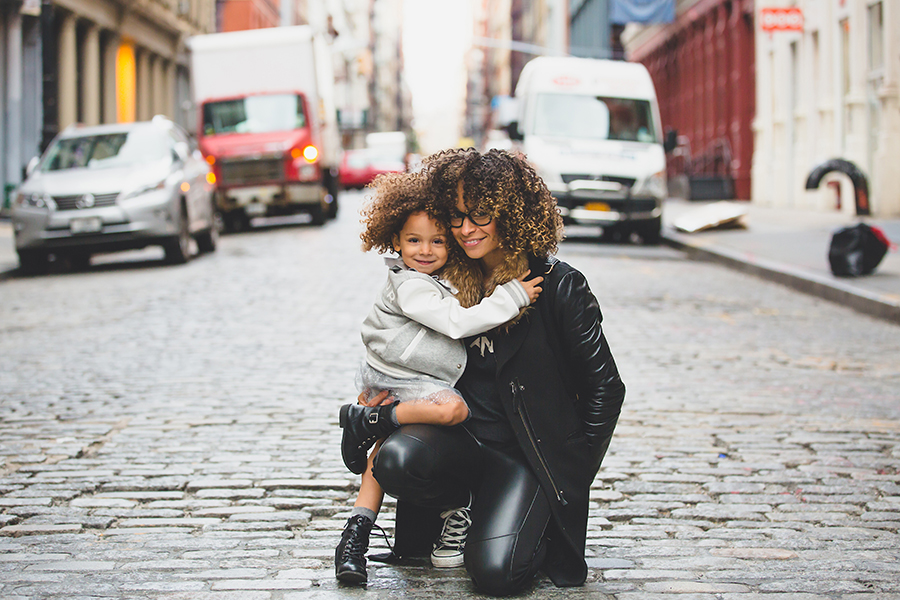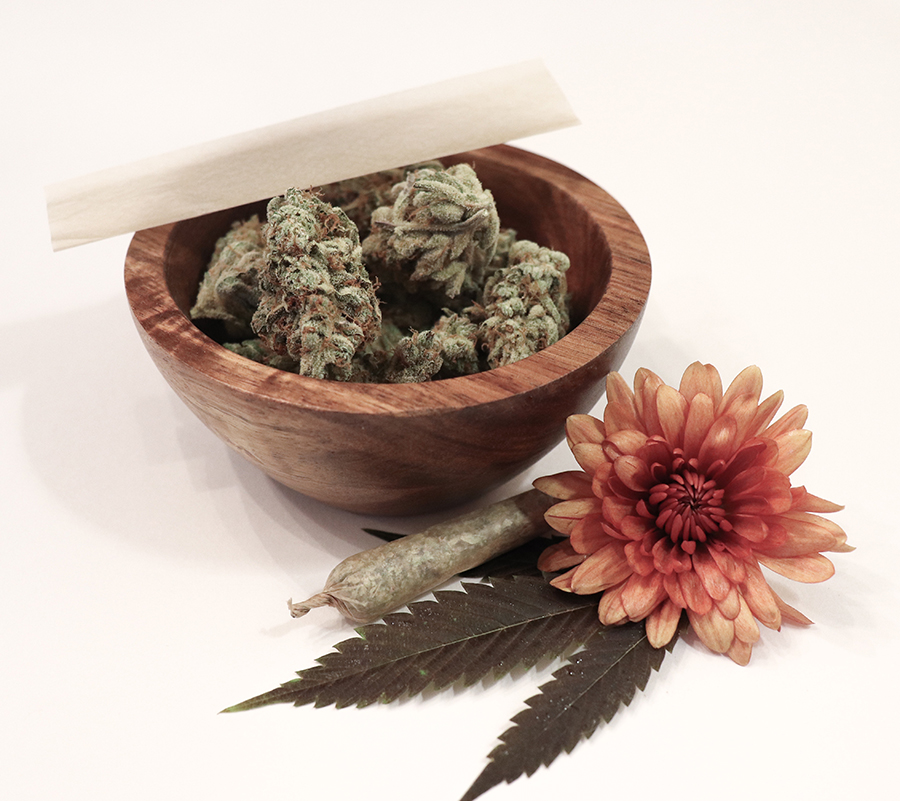 Cannabis Safety is a Must
Cannabis Safety is a Must
Safety first is safety always. In light of Canada’s widespread cannabis legalization, parents are encouraged to sit down and discuss the positives and negatives of cannabis with their children. With so much information available, it can be challenging to know where to begin. Whether you’re a parent who uses medical cannabis or just a concerned parent looking for safety guidelines and primary education, this article has been written to serve the following purposes:
- To help facilitate the cannabis conversation between parents and their children through honest and empathetic understanding and education
- To provide medical cannabis parents with useful guidelines for responsible cannabis use concerning their children
- To educate all parents on the potential risks of the emerging cannabis edibles market and ways to ensure optimal safety around young kids
Parents Should Talk to Their Children About Cannabis
Cannabis legalization in Canada is sure to stir up questions and curiosity among young people, especially children. That’s why addressing the topic of cannabis early on is more important than ever. Parents should take this moment as a welcoming opportunity to establish honest and open channels of communication.
After all, trust is a two-way street, and children should feel comfortable asking their parents about cannabis-related questions. Parents should resist the urge to lecture and instead reward their child’s natural curiosity with empathy and respect.
 Canada Ranks as 2nd Highest for Adolescent Cannabis Use
Canada Ranks as 2nd Highest for Adolescent Cannabis Use
In 2016, the World Health Organization conducted a study that included 40 countries and observed cannabis usage among youth. They found that Canada has the second highest rate of adolescent cannabis usage. This statistic is important to note because cannabis has been known to affect and disrupt healthy teenage brain development potentially.
The hard truth is that children are going to inevitably hear about cannabis from their friends, social media, or other ways that parents can’t readily monitor. While some of the information is true, it is critically important that parents should step in sooner rather than later and begin the cannabis conversation honestly. This open dialogue will allow their children to have a strong foundation built on awareness, knowledge, and understanding. Whether you’re a parent who uses medical cannabis or a non-user, this article aims to provide a helpful framework on how to engage in the discussion.
The First Step Begins with Parents Educating Themselves About Cannabis
Before leaping into full-blown discussions about cannabis, parents should first inform themselves on basic facts about cannabis. Thankfully, Cannalogue not only acts as the premier cannabis marketplace for medical patients but also as a valuable educational resource. Here are the essential reading materials:
Here’s a quick rundown of basic cannabis facts:
- THC is psychoactive, meaning it doesn’t get people “high.”
- CBD is non-psychoactive, meaning there are no mind-altering effects. CBD is commonly used by medical patients to manage a variety of conditions from chronic pain, anxiety, epilepsy, nausea, and insomnia, to name a few.
- As per Health Canada, it is not advisable for people under 21 to consume cannabis as it can negatively affect long-term brain development
- It’s essential for parents to stay in the know. Slang terms for cannabis include pot, weed, grass, trees, and ganja.
 Actions Speak Louder Than Words
Actions Speak Louder Than Words
Communication isn’t just limited to verbal elements but involves warm and inviting body language as well. Pairing up friendly body language along with an empathetic oral approach helps to promote an air of trust and comfort between parents and their children.
It’s one thing to see eye to eye, but true empathy is seeing heart to heart. As a simple exercise in building empathy, parents can remember back when they were teenagers themselves and imagine how they would’ve liked to be spoken. Here are some items for parents to keep in mind when discussing cannabis with their child.
- Don’t lecture but talk to your child with respect. The moment when parents start to lecture is the moment when their child instinctively tunes them out. What parents should aim for is active engagement that involves and encourages healthy, open dialogue. According to Psychology Today, when children are subjected to long lectures, they begin to feel defensive and resentful. Instead of dominating the conversation, practice active listening. Active listening is giving someone the experience of being heard. It’s best to ask flexible questions such as “Tell me more about…” rather than asking questions that require an easy “yes” or “no” response. Most of all, parents should give their children adequate time to formulate their thoughts and respond.
- Positive reinforcement over negative reinforcement. Parents shouldn’t be upset when their child brings up topics that may be considered “taboo” – that’s just their natural curiosity at work. It’s better to help children think things through instead of scolding, nagging, and general negative feedback. Parents should be attentive and respectful without resorting to scare tactics. But there is a fine line between being a friend and a parent. The goal is to be assertive while remaining compassionate. An excellent way to craft your response is by asking permission, for example, “Do you mind if I give you some advice?”
- Provide a fair and unbiased assessment of cannabis to your child. Cannabis legalization has ignited conversations about both medical and recreational use. It’s essential that parents present both sides of the coin. A blunt and straight-forward approach is recommended. Parents should begin talking about what medical cannabis is used for while also explaining that cannabis can also be used for recreational purposes. Parents should also avoid demonizing or glamorizing cannabis, but discuss both positives and negatives. The goal is to establish cannabis as a substance meant for responsible adult use.
It’s Not What Parents Say, But How They Say It
The following table is a helpful guide from Drugfreekidscanada.org that shows the effectiveness of tweaking certain words so that children will be more receptive to the overall message.
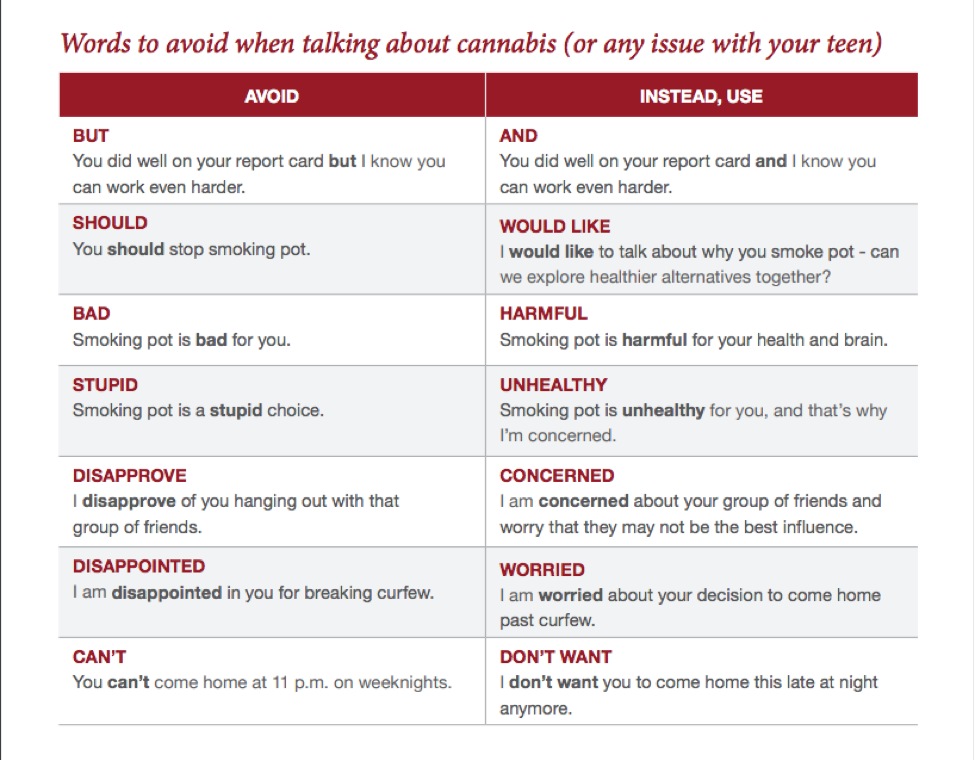
Children are curious and smarter than most people give them credit. Chances are, they already vaguely know about cannabis through the news and talking within their peer groups. That’s why having a one-sided conversation about cannabis isn’t going to be useful as having a constructive, neutral, and judgment-free discourse.
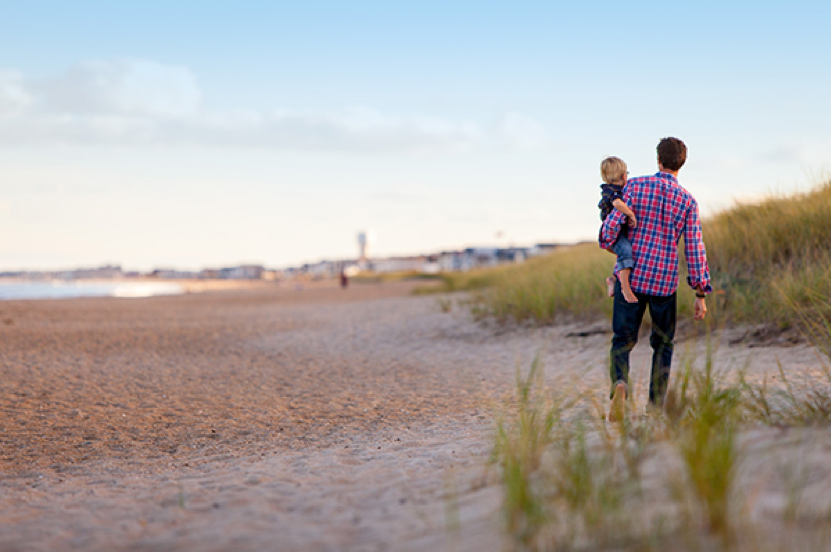 For Parents Who Are Also Medical Cannabis Patients
For Parents Who Are Also Medical Cannabis Patients
The highest priority for medical cannabis patients who are also parents is keeping their children safe from accidental ingestion. Due to their light weight, young children are far more at risk of cannabis poisoning. This section acts as a quick refresher on tips and advice for existing and new medical cannabis patients who are also parents.
- Don’t use cannabis while pregnant as residual cannabis compounds may still be present and can potentially enter the fetal bloodstream.
- Don’t breastfeed while using cannabis as active chemicals may pass from stored fat cells into breast milk
- In the event of accidental child ingestion of cannabis, contact the nearest poison center or call 911
- Parents should be mindful that cannabis can affect judgment, awareness and attention levels
- When consuming cannabis, refrain from driving as cannabis will impair reaction time, spatial awareness and motor functions
- Second-hand smoke from cannabis is harmful to those around in the general vicinity
- Parents should warn their children about the real dangers of synthetic cannabis, which is colloquially known as spice or K2. Synthetic cannabis is not to be confused as medical cannabis and ingestion can potentially cause extremely adverse effects like delirium and mania.
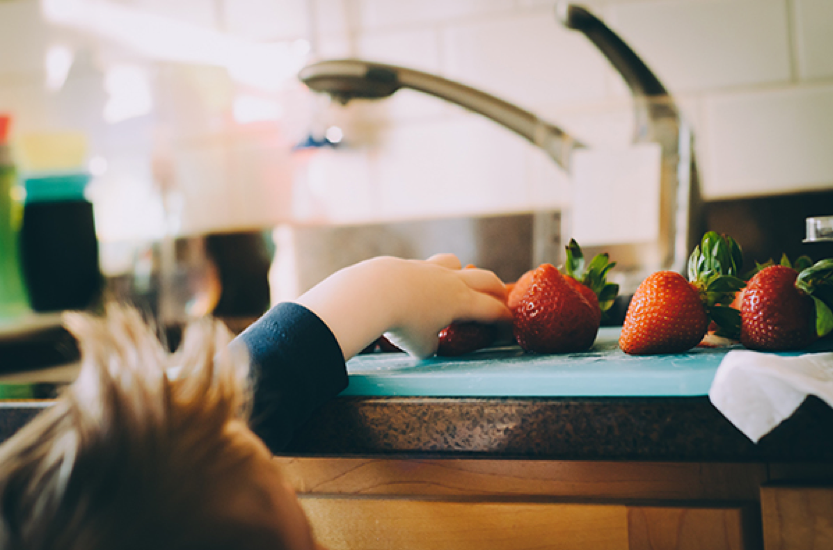 Safety Measures to Keeping Cannabis Safe from Young Children
Safety Measures to Keeping Cannabis Safe from Young Children
- Keep cannabis in its original packaging with clearly marked labels
- Always store cannabis in a locked and secure container
- Try to avoid storing cannabis in shared spaces like the kitchen, where children might be searching around for food or candy.
- If storing it in the kitchen is the only option, opt for hiding spots that are out of reach of children
- Smell-proof bags are recommended to contain the strong odor associated with cannabis.
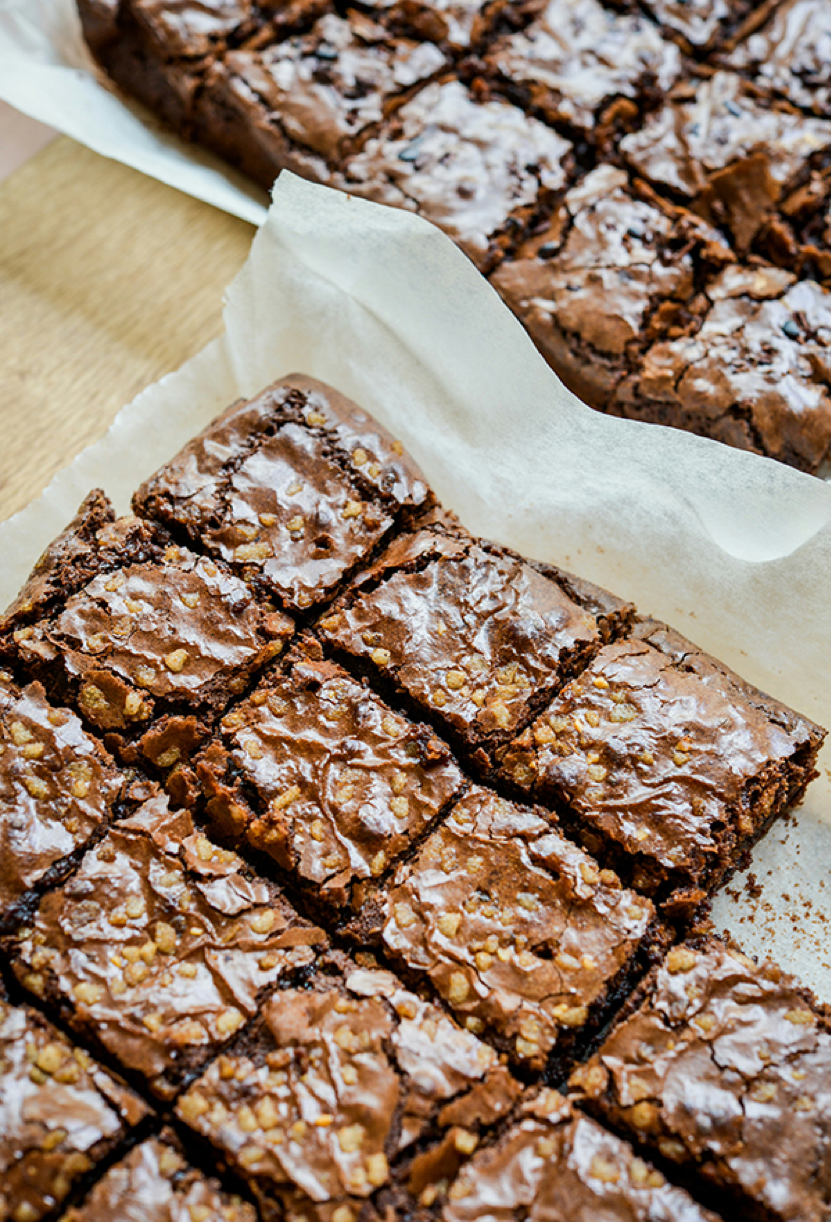 Parents Should Be Aware of Cannabis Edibles
Parents Should Be Aware of Cannabis Edibles
With edibles set for distribution in the fall of 2019, parents should be very mindful of the real dangers of accidental consumption. The Ontario Poison Centre reported a spike in emergency room visits for children under the age of four in 2019 for non-fatal, edible-related overdoses. Even though there has never been a death caused directly by cannabis, accidental ingestion can cause extremely uncomfortable side effects. These side effects include paranoia, intense drowsiness, elevated heart rate, and anxiety.
Since cannabis edibles take the form of popular snacks such as cookies, brownies, and gummies, they will be inherently attractive to children. From a visual standpoint, there is virtually no difference between a regular brownie and a cannabis-infused brownie. This inherent confusion is why all safety precautions must be taken to protect children from accidental cannabis ingestion.
Here are some measures to keep cannabis edibles safe from children:
- Always keep cannabis edibles in child-resistant packaging
- Parents should designate that edibles are strictly for adult-use only
- Refrain from consuming cannabis in any form in front of children
- Always completely dispose of any leftover edibles
- When using babysitters, make sure they are responsible and mature and ask them to avoid bringing any cannabis products while working
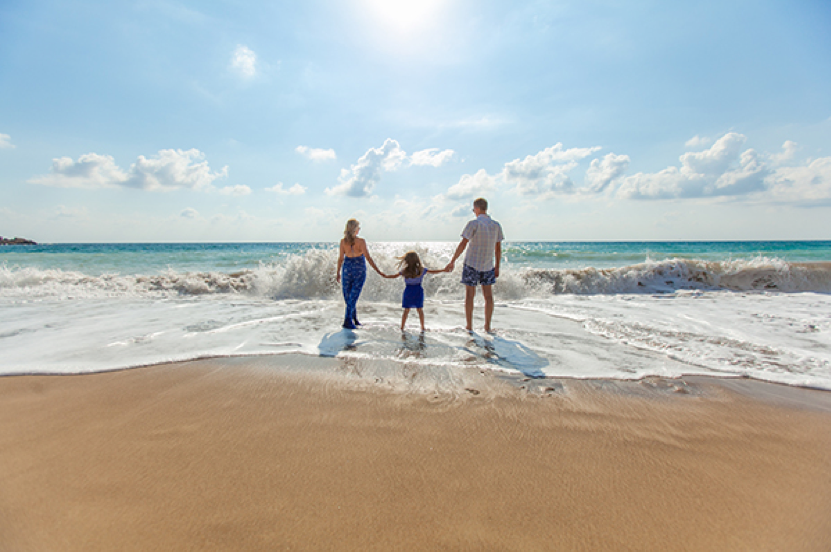 The Final Word
The Final Word
When tackling the topic of cannabis, a parent’s best weapon is being proactive. “Start discussing cannabis with your children while they’re young — around six years old” recommends Tania Cyalume, of NORML Canada, a non-profit, legal cannabis advocacy group.
The aim here is to construct a solid foundation now, so well-informed decisions are made for the future. Parents should be respectful, empathetic, and transparent because kids are like mirrors – what they see and hear, they do. Parents should be an excellent reflection to them.
